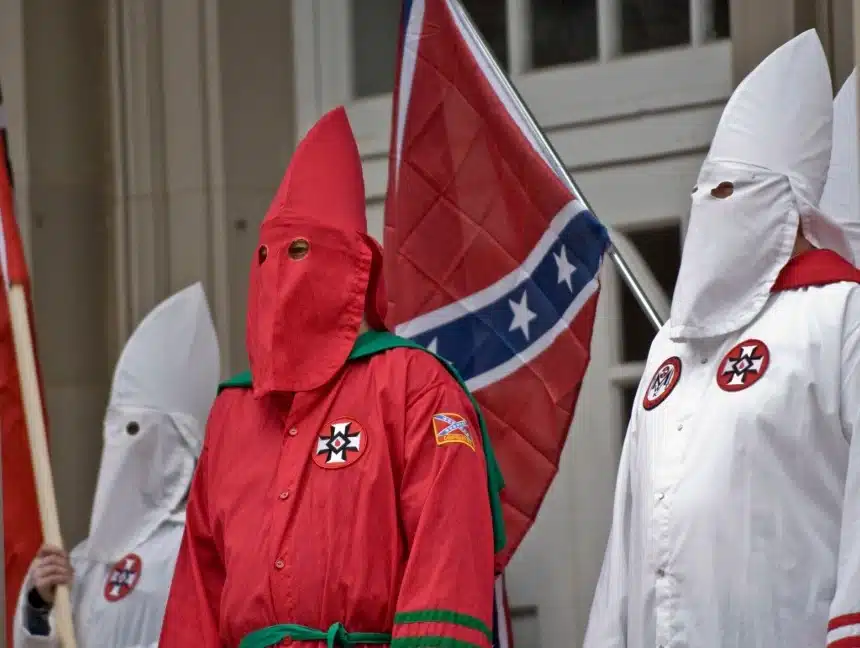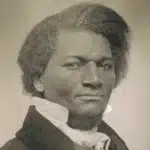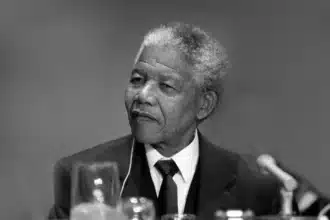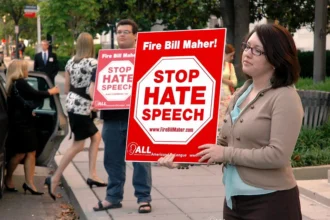Liberal philosophers often grapple with the limits of liberty and tolerance, valuing freedom and tolerance as the hallmarks of advanced, humane societies. A review of seminal works reveals a predominant focus on these ideals as virtues and rights, with less attention on the boundaries necessary for the practical application of tolerance and freedom. This essay delves into the nuanced territory of freedom of expression, specifically addressing when it may be justifiable to limit this freedom on the grounds of offense.
Drawing on Kantian principles, it emphasizes the protection of individual dignity as a paramount concern. The discussion is structured around the concept of profound offense, distinguishing it from mere offense and outlining criteria for its evaluation, including content, intent, and potential harm. This exploration aims to contribute to the ongoing dialogue on balancing the cherished principle of free speech with the imperative to safeguard human dignity from deeply offensive expressions.
The Essence of Dignity and Offense
Delving into the distinction between mere offense and profound offense illuminates the complexities of speech in the context of human dignity. Mere offense, which encompasses annoyances or discomforts, resides within the ambit of acceptable discourse. Conversely, profound offense, with its capacity to significantly erode an individual’s dignity and self-regard, warrants deeper examination.
Addressing profound offense advocates for a principled and considerate approach to protecting the essential human dignity.
Such a delineation is critical for identifying situations where speech restrictions might be justified. The issue of profound offense arises notably in instances where speech acts dehumanize, demean, or diminish the inherent worth of individuals or groups, thereby challenging the foundational principles of mutual respect and coexistence essential for a harmonious society.
Addressing profound offense goes beyond merely advocating for the restriction of free speech; it advocates for a principled and considerate approach to protecting the essential human dignity that underpins meaningful and respectful dialogue within a pluralistic society. It emphasizes the need for a delicate equilibrium between the cherished principle of free expression and the communal duty to avert speech that causes significant harm. Such equilibrium is crucial in creating an environment where open, respectful dialogue can thrive without compromising the dignity that freedom of speech seeks to champion. The discourse around this balance advocates for an assessment of speech based on its potential impact, pushing for a communicative ethos that upholds the intrinsic value of every individual.
Criteria for Evaluating Offense
To accurately assess whether an expression constitutes a profound offense, a multifaceted analysis is imperative, encompassing several key dimensions. First, the content and manner of the speech are scrutinized for their potential to harm, evaluating not only the explicit message conveyed but also the method of its delivery, which might amplify its offensive nature (e.g. symbolic expressions such as torching a cross opposite an African-American family house).
Secondly, the duration and intensity of the offense are considered, acknowledging that prolonged exposure to or heightened severity of offensive content significantly impacts the recipient’s dignity and well-being. The frequency of the offense distinguishes between singular, perhaps forgivable, lapses and systematic patterns of derogation that cumulatively inflict greater damage (e.g. repeated anti-Muslim marches at the heart of the city of Bradford).
Furthermore, the intentions behind the speech, while often difficult to ascertain with certainty, provide insight into the speaker’s motivations, differentiating between calculated insults and even incitement, on the one hand, and unintentional gaffes, on the other. A speaker who chants “Free Palestine from the River to the Sea” might wish to call for the total annihilation of Israel or might be an ignorant person who does not know what exactly she is shouting, what is the river, what is the sea, and what is there in-between.
The concept of avoidability also plays a crucial role, examining the extent to which the offended party could realistically circumvent the offensive content, thereby implicating both speaker and listener in the dynamics of offense transmission (e.g. a homophobic march at the heart of a homosexual neighbourhood. The residents cannot simply avoid or ignore such an affront).
Imposing limitations may not only be justifiable but necessary.
Lastly, the potential consequences of the offense, both immediate and long-term, are evaluated for their impact on individuals and the broader societal fabric. This comprehensive approach, integrating content analysis with considerations of context, intent, and effect, forms the basis for distinguishing profound offense from mere annoyance, guiding the discourse on when and how speech might justifiably be curtailed in the interest of protecting dignity. Together, these criteria underscore the complexity of navigating the terrain between free expression and the safeguarding of individual dignity, advocating for a nuanced and context-sensitive approach.
Navigating the Balance
We need to navigate the delicate equilibrium between the unfettered right to free expression and the imperative to guard against profound offense. At its heart, this discourse acknowledges that the freedom to speak one’s mind, while a foundational pillar of democratic societies, is not without its boundaries. These boundaries become particularly relevant when speech ventures into territory that profoundly harms the dignity of individuals or communities. The argument posits that in instances where speech crosses this threshold, imposing limitations may not only be justifiable but necessary to uphold the collective values of respect and coexistence.
Some expressions have the potential to inflict significant damage on the fabric of society.
Advocating for a nuanced methodology does not equate to endorsing widespread censorship or undermining the principle of free speech. Instead, it calls for a context-sensitive analysis that weighs the potential harm of speech against the benefits of open discourse. This careful analysis must consider the content, manner, intent, and impact of speech, recognizing that not all expressions are created equal and that some have the potential to inflict significant damage on the fabric of society.
The challenge lies in crafting policies and legal frameworks that are capable of distinguishing between speech that should be protected and speech that, due to its harmful nature, warrants restriction. Such policies should aim to preserve the dynamic flow of ideas and debate that is essential for a healthy democracy, while simultaneously safeguarding individuals from expressions that undermine their dignity and worth. This delicate balance requires ongoing dialogue, reflection, and adjustment as society evolves and new challenges emerge in the landscape of free expression.
Conclusion: A Call for Responsibility
Reflecting on the essence of dignity versus offense, this discourse profoundly examines the intricate balance between the indispensable freedom of expression and the paramount need to protect individual dignity from profound offense.
It delineates a comprehensive framework for evaluating offensive speech, advocating for a nuanced, context-sensitive approach that respects both the invaluable right to free speech and the societal obligation to prevent speech that inflicts deep harm. This exploration underscores the complexity of navigating these terrains, highlighting the necessity for ongoing dialogue, legal refinement, and ethical consideration to craft policies that safeguard dignity while fostering a vibrant, open discourse.
The call for a balanced consideration and open dialogue is a plea for mindful evaluation of speech’s potential to harm, ensuring that the values of respect, the dignity of the person, coexistence, and mutual understanding remain at the forefront of our collective consciousness.
Adapted from an academic article for a wider audience, under license CC BY 4.0









